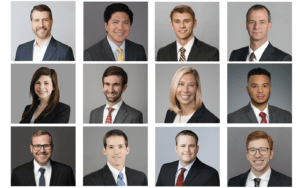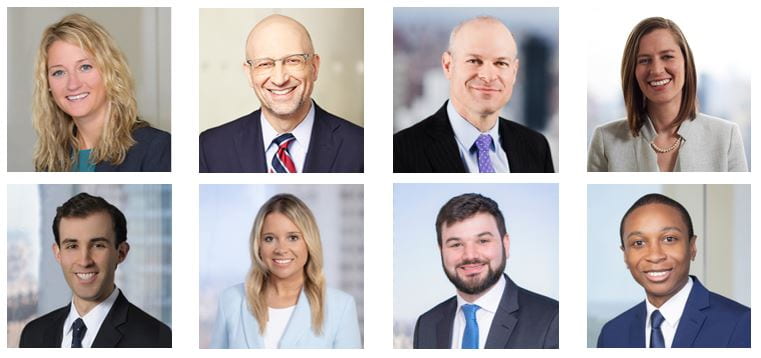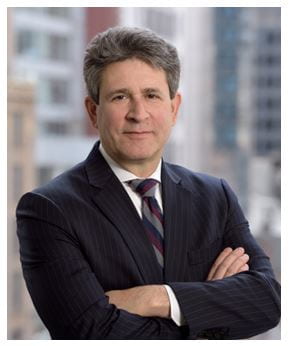by Jonathan Phillips, Winston Chan, John Partridge, James Zelenay,Reid Rector, Michael Dziuban, Chelsea Knudson, Blair Watler, John Turquet Bravard, Ben Gibson, Julien Jabari, Wynne Leahy, Jose Madrid, Nick Perry, Kelsey Stimson, Adrienne Tarver, and Chumma Tum

Top row left to right: Jonathan Phillips, Winston Chan, John Partridge, James Zelenay Middle row left to right: Chelsea Knudson, Michael Dziuban, Blair Watler, Julien Jabari Bottom row left to right: Ben Gibson, Reid Rector, Nick Perry, John Turquet Bravard
A dull year is rare when it comes to the False Claims Act (FCA), but this last year was exceptional by any standard. In the last twelve months, the Supreme Court decided to take up two different issues under the FCA, while the Department of Justice (DOJ) announced, yet again, billions in recoveries and nearly a thousand new FCA cases, a new record.
DOJ’s $2.2 billion in recoveries during FY 2022 marked the fourteenth straight year where recoveries exceeded $2 billion, dating back to 2008. But even more notable than the dollar amount was the sheer volume of FCA activity. DOJ obtained its recoveries from the second-highest number of settlements in history, and there were more new FCA matters initiated in FY 2022 than in any prior year, meaning the pipeline of FCA lawsuits is very full.









